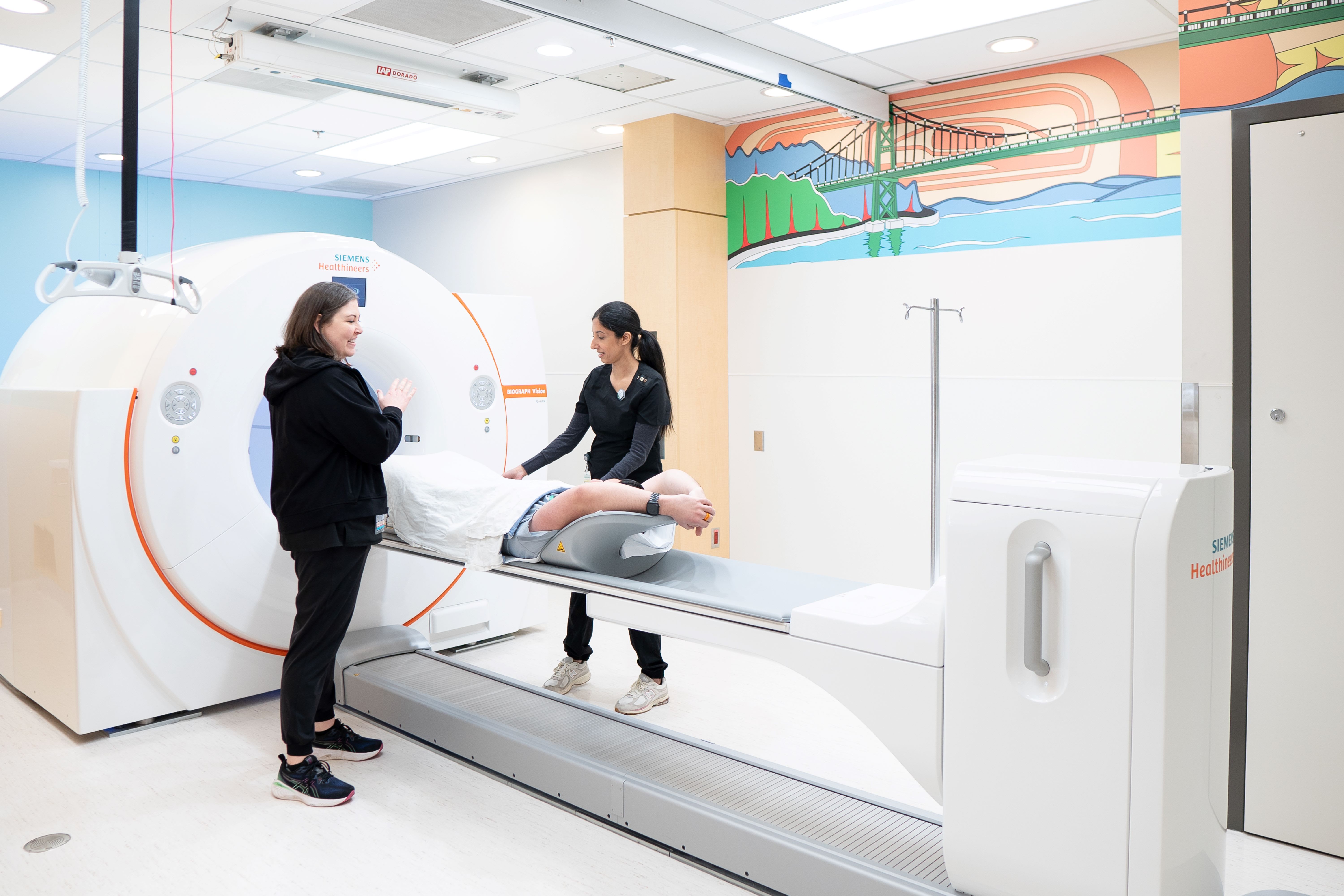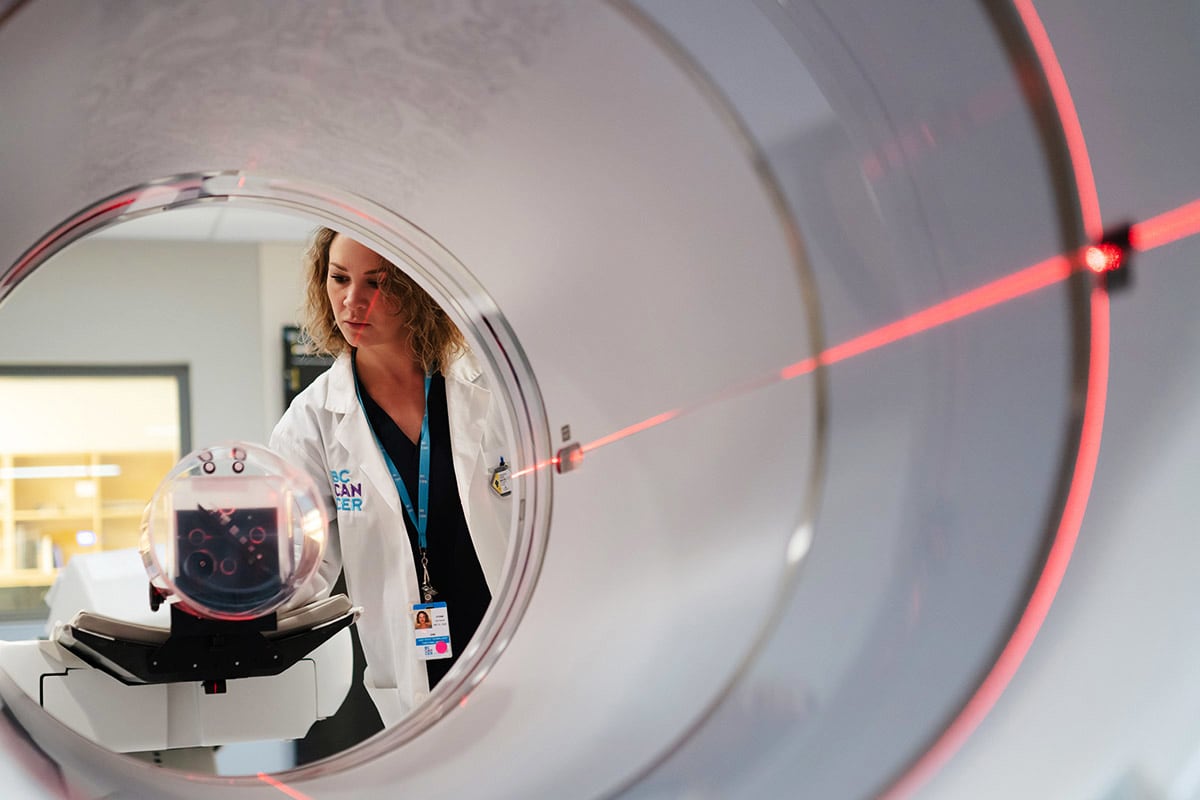Research leads to better understanding and diagnosis of blood cancers
March 30, 2016
Found in BC Cancer - Vancouver, Chemotherapy, Genomics, Leukemia
Last week I blogged about what led me to study blood cancers and how they come about. This week, I will update you on some our previous work, and the work that is currently being supported by the BC Cancer Foundation.
A number of years ago, my lab became very interested in learning about a kind of blood cancer called myelodysplastic syndromes, or MDS. This cancer starts out slowly, but because any disruption of the blood system affects the production of blood cells, symptoms can become obvious even when the cancer is not aggressive. The blood system produces red blood cells that help carry oxygen, platelets that help the blood to clot, and white blood cells that help fight infections.
It can be very difficult to diagnose MDS by looking at the blood cells under the microscope. But by looking at changes in the DNA, it becomes much easier to make the diagnosis. The BC Cancer Foundation along with Genome BC and the Provincial Health Services Authority helped support my lab to develop a genetic test to simplify the diagnosis of MDS.
The image below is of human chromosomes missing a large part of chromosome 5. This abnormality is frequently seen in MDS.
This test also helps physicians decide whether to use chemotherapy or a bone marrow transplant to treat patients with leukemia, and in some cases to choose which drug to use. This test will soon be available for all patients in B.C. who are suspected of having these types of blood cancers.
More recently, I was awarded the John Auston BC Cancer Foundation Clinical Investigator Award, which will help fund our research to understand why about 30% to 40% of patients with MDS will develop more aggressive leukemia. We also hope to understand, using specialized genetic techniques, which patients will become resistant to treatments.
The goal is to be able to use this knowledge to predict which patients will respond to therapy and which ones might progress to leukemia, and to develop tests for MDS patients that will allow physicians to choose the right medicines for patients, and to decide which patients should receive a bone marrow transplant early.
Aly


